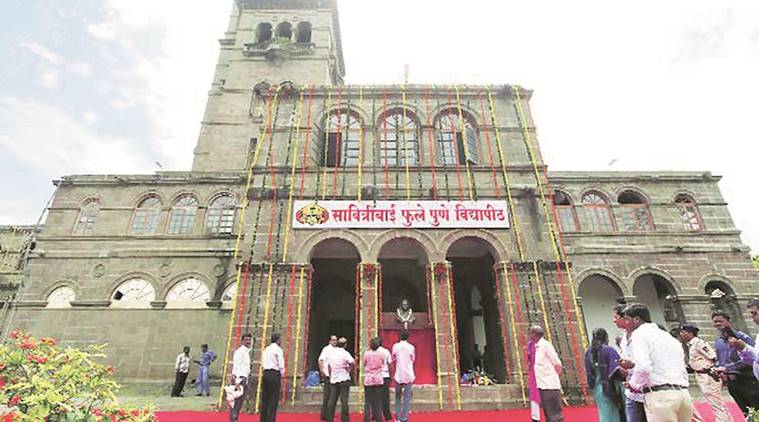The Congress that wasn’t
Cancellation of Indian History Congress used to be occasioned only by emergencies

(By R Mahalakshmi)
The inception of the Indian History Congress (IHC) can be traced to the efforts of scholars working on India’s ancient past as well as modern history, in a bid to counter the colonial claims, while also drawing from Western analytical methods. The Bharata Itihasa Samshodhaka Mandala (BISM) was one such effort that owed its origins to the stalwart Vishwanath Kashinath Rajwade. He founded this institution in 1910 in Pune with the support of K C Mehendale. Another major institution was the Bhandarkar Oriental Research Institute founded in 1917 by R G Bhandarkar. The first All India Oriental Conference in November 1919 in Pune under the Bhandarkar Institute’s auspices focused exclusively on ancient Indian history.
The BISM organised an All India Congress in 1935 to celebrate its silver jubilee. The event organised in the assembly hall of Parasurambhau College, Pune, was a resounding success. The Indian History Congress (IHC) was thus born with about 50 delegates. In his presidential address, the eminent scholar from Allahabad, Shafaat Ahmad Khan outlined the IHC’s role. It was to be an academy that regulated the standard of works of history produced in India and would promote impartial and substantive history. This commitment to a fair and scientific history, devoid of bias and politics, has remained the hallmark of the Congress.
Over its 83 years of existence, the IHC has faced a variety of challenges, ranging from the initial efforts at devising an institutional structure to financial dependence on government funding as well as occasional political interference. The decade after its formation was fraught with political instability caused by World War II and the new turn in the Indian freedom struggle. The next two decades were perhaps the toughest given the post-Independence challenges — dearth of funds and lack of membership led, at times, to the IHC’s presidents saying that the body might not remain viable as an institution. However, from the 1970s, the Congress appeared to have attained a visible status as the premier body of historians across the country.







































No hay comentarios:
Publicar un comentario